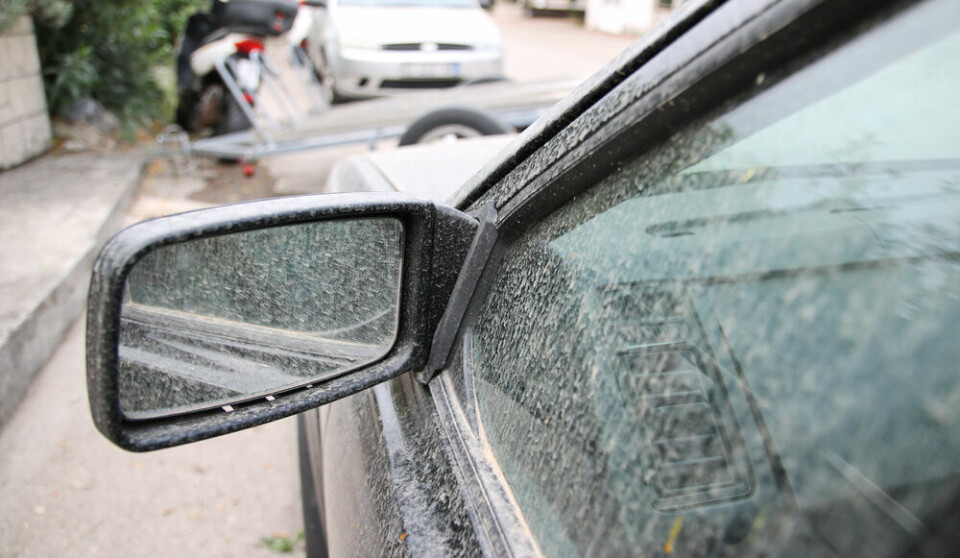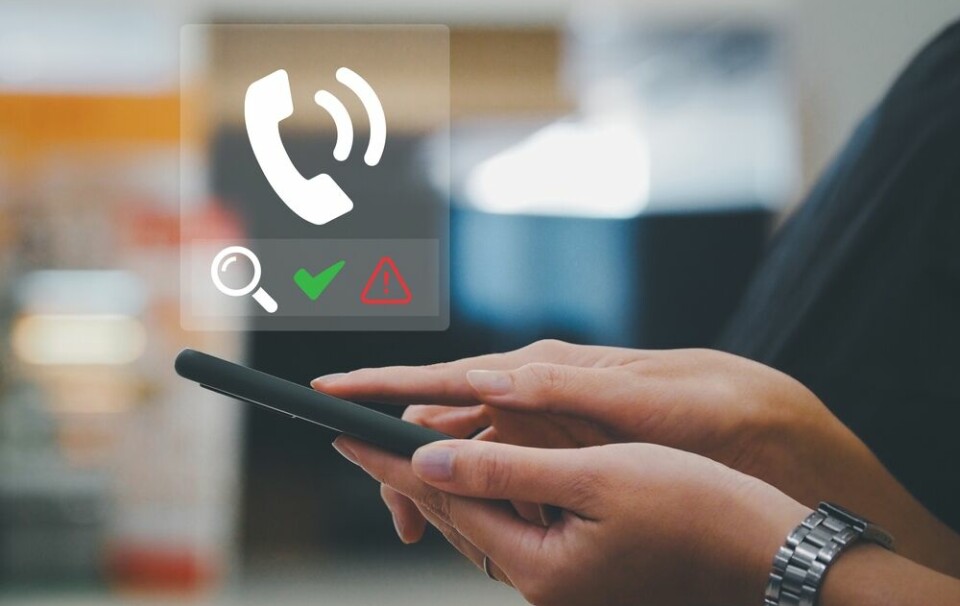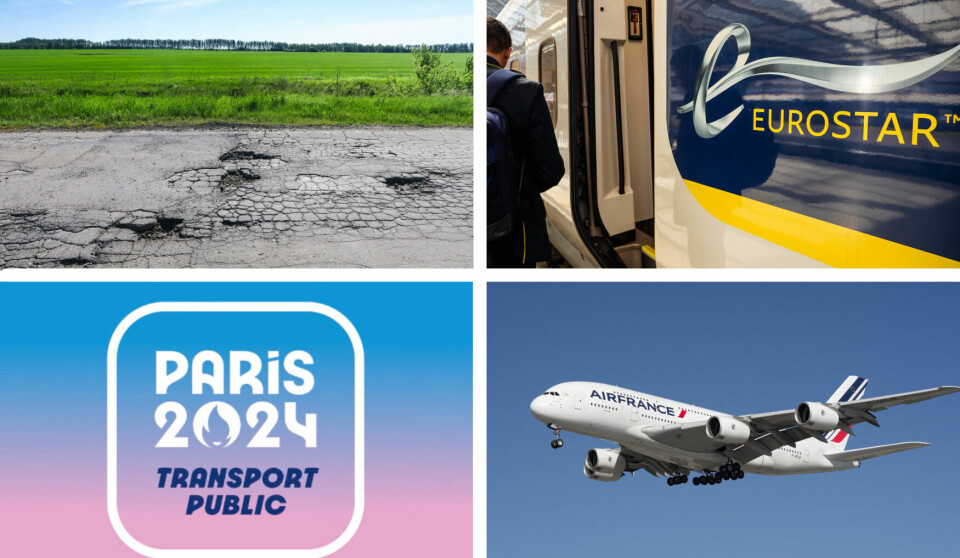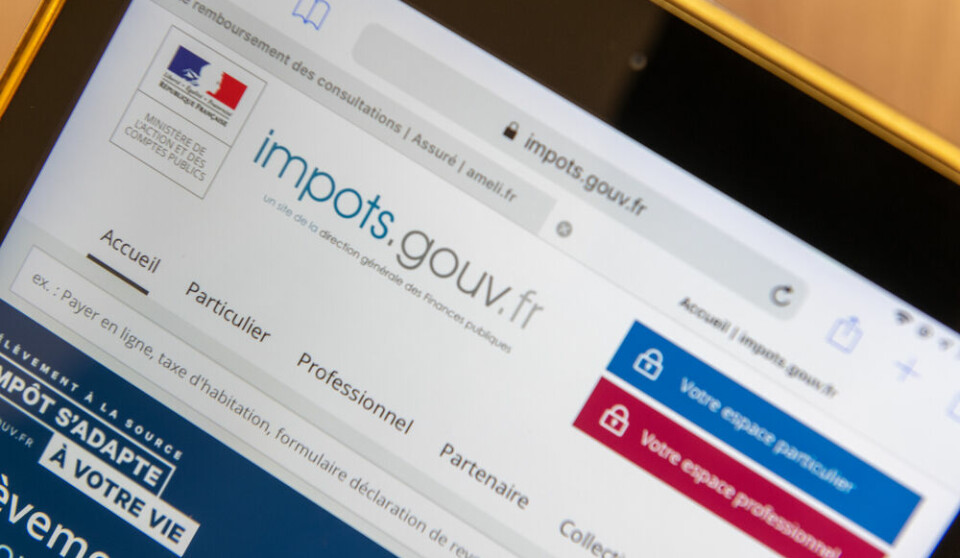-
Widespread confusion over new checks at UK/France borders
Most Britons polled said they are unaware of the coming changes
-
Should I include appliances in a French house insurance estimate?
When taking out a home cover policy, you are asked to calculate the approximate value of the property
-
Key step completed for France-UK travel and new EU border controls
Total of 224 ‘kiosks’ being installed at UK and French tunnel borders to speed up data collection ahead of the launch of the EES system
How will EES/Etias affect spouses of EU nationals in France?
The EES is set to replace the current manual stamping of passports for non EU-nationals entering the bloc
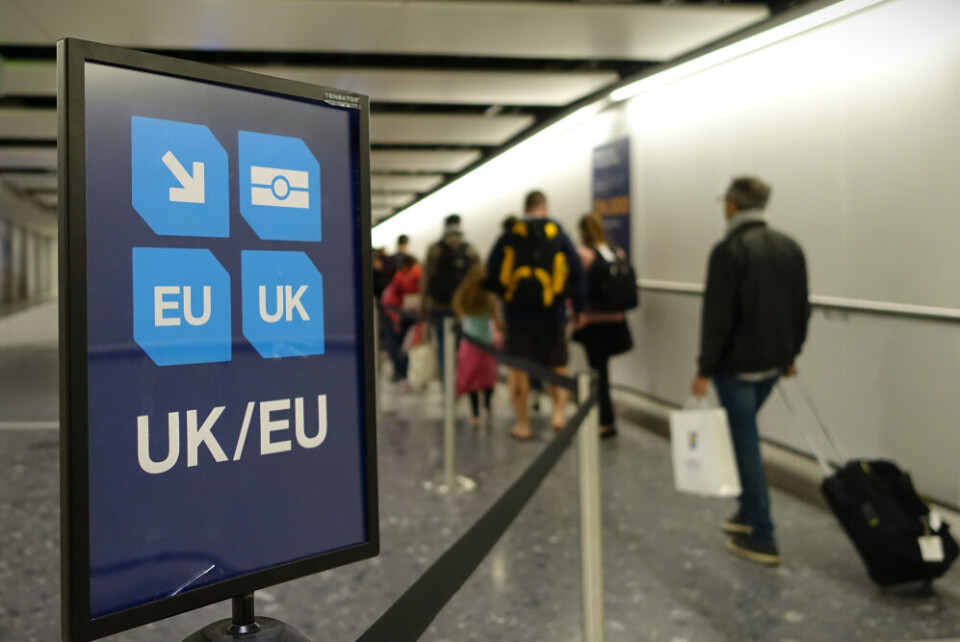
Reader Question: I am Irish, and my husband is British, meaning he is classed as a ‘spouse of an EU national’. How will the new EES/Etias systems affect us?
The EES (Entry/Exit System) and Etias are planned border control measures for the Schengen bloc, currently scheduled to come into force in late 2024 / early 2025 respectively.
You can learn more about both of the systems below.
Read more: New European Entry/Exit System: 9 key things to know in advance
Read more: What is the EU’s Etias visa waiver scheme?
The EES is set to replace the current manual stamping of passports for non EU-nationals entering the bloc, with biometric information (face scan, fingerprints etc) being taken instead.
If your husband does not have any valid long-stay visa or residency permit to stay in France longer than 90 days, then the same rules will apply for him as for other non-EU nationals.
The first time he crosses into the Schengen area after the EES system is implemented, he will have to give this information at the border.
However, this will then last for three years (from the point of the most recent trip), meaning he will probably only need to hand over this information once.
On future journeys, he should in theory be able to enter the EU simply by scanning his travel documents, though at least for the first months it is expected that visitors will still have to pass in front of an official’s desk as well.
Read more: Alarm grows over new digital checks at UK/France borders from autumn
What about for Etias?
Being the close family member of an EU citizen will make a slight difference when it comes to Etias (European Travel Information and Authorisation System), which will consist of an online application for a non-EU citizen to obtain prior permission to enter the EU. This can be undertaken at home in the days before travel.
This is expected to come into force in the first half of next year and there will be a special rule for ‘family members’.
However, the only difference is that, in this case, the Etias authorisation will be free as opposed to costing €7, and the application will not undergo the same in-depth screening related to potential illegal immigration.
This ‘family exception’ is essentially for close family members of EU citizens who have exercised their (the EU citizen’s) free movement rights to visit or reside in another EU country.
It will therefore relate only to the following people:
- Spouses, civil partners, children under 21 or who are dependents, dependent parents and grandparents;
- Whose partner/parent etc is an EU/EEA/Swiss citizen;
- And who are of a nationality (eg. British, American etc) that does not require a short-stay visa to visit the EU.
In addition, the non-EU ‘family member’ must be:
- Accompanying their ‘EU’ relative to visit a country that is different from that the EU relative’s nationality;
- Or, be travelling to spend time with their ‘EU’ relative who is living in an EU country different from that of their nationality.
For example, if a British 17-year-old wants to visit his French father who lives in Portugal, he will be able to do so under the ‘family’ rules, however if a 20-year-old American wants to visit her French mother in France, she will have to apply for an ordinary Etias.
Related articles
Visas for France: how often are they refused and for what reasons?
What changes in France in 2024 for residency rights and border control



